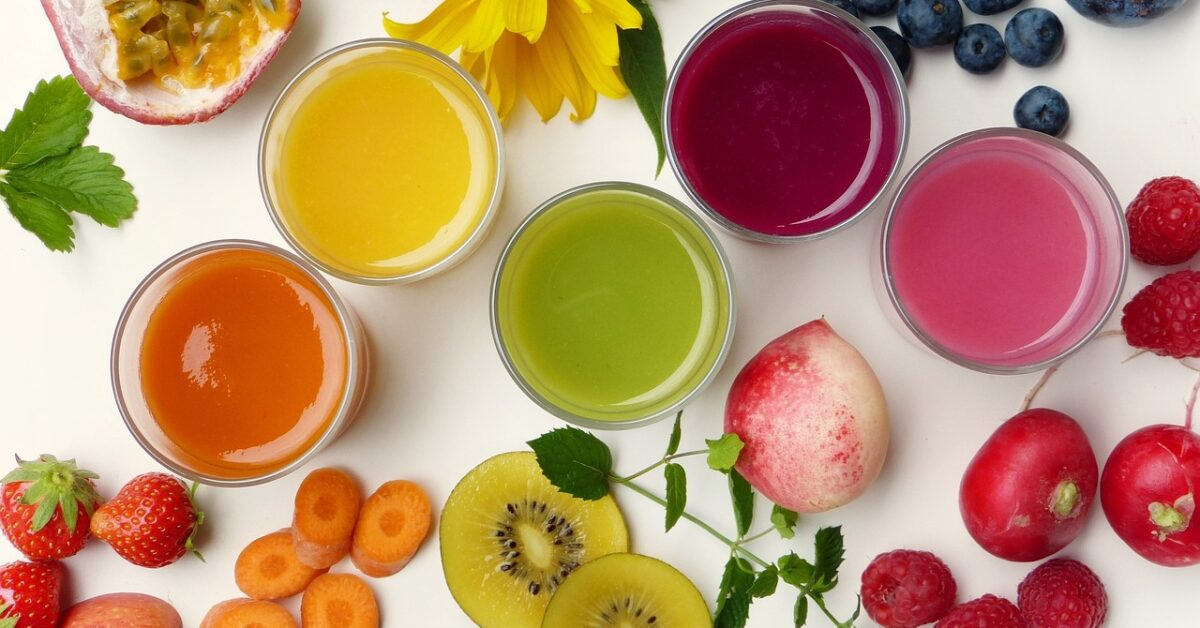The Intersection of Vegetarianism and Pregnancy: A Comprehensive Look
Vegetarianism, the practice of abstaining from consuming meat, has gained significant popularity in recent years due to its potential health benefits and ethical considerations. However, when it comes to pregnancy, many women wonder if following a vegetarian diet is safe for both themselves and their unborn child. This article aims to provide a comprehensive look at the intersection of vegetarianism and pregnancy, exploring the potential benefits, challenges, and considerations for expectant mothers.
The Benefits of a Vegetarian Diet during Pregnancy
1. Adequate nutrient intake: A well-planned vegetarian diet can provide all the necessary nutrients for a healthy pregnancy. By focusing on a variety of plant-based foods such as fruits, vegetables, whole grains, legumes, nuts, and seeds, pregnant women can obtain essential vitamins, minerals, and fiber.
2. Lower risk of certain complications: Studies have shown that vegetarian diets may be associated with a lower risk of gestational diabetes, pre-eclampsia, and excessive weight gain during pregnancy. These benefits can be attributed to the higher intake of fiber, antioxidants, and lower intake of saturated fats typically found in plant-based diets.
3. Reduced exposure to harmful substances: Consuming a vegetarian diet can help minimize exposure to potentially harmful substances such as mercury, found in certain fish, and antibiotics or hormones often used in animal farming. This can contribute to a healthier pregnancy and reduce the risk of developmental issues in the fetus.
Considerations for Vegetarian Pregnant Women
1. Protein intake: Protein is essential for fetal development, and pregnant women need to ensure they consume adequate amounts. While plant-based protein sources like legumes, tofu, tempeh, and quinoa are excellent options, it is important to combine different sources to obtain all essential amino acids. Consulting a healthcare professional or registered dietitian can help ensure proper protein intake.
2. Iron and vitamin B12: Iron and vitamin B12 are crucial for the production of red blood cells and neurological development, respectively. While iron can be obtained from plant-based sources like leafy greens, lentils, and fortified cereals, the absorption of non-heme iron from plants is enhanced when consumed with vitamin C-rich foods. Vitamin B12, primarily found in animal products, should be supplemented or obtained through fortified foods to prevent deficiencies.
3. Omega-3 fatty acids: Omega-3 fatty acids, particularly DHA, play a vital role in the development of the baby’s brain and eyes. While fish is a common source of DHA, vegetarian options include algae-based supplements or foods fortified with omega-3 fatty acids, such as flaxseeds, chia seeds, and walnuts.
Case Studies and Statistics
1. A study published in the British Journal of Nutrition found that vegetarian pregnant women had a lower risk of gestational diabetes compared to non-vegetarian pregnant women. The study analyzed data from over 21,000 pregnancies and concluded that a vegetarian diet may have a protective effect against this condition.
2. According to a review published in the Journal of Perinatal Education, vegetarian diets during pregnancy can meet the nutritional needs of both the mother and the baby when properly planned. The review emphasized the importance of monitoring nutrient intake, particularly iron, vitamin B12, and omega-3 fatty acids, to ensure a healthy pregnancy outcome.
Conclusion
While vegetarianism can be a safe and healthy choice during pregnancy, it requires careful planning to ensure adequate nutrient intake. Pregnant women following a vegetarian diet should pay attention to protein, iron, vitamin B12, and omega-3 fatty acid sources to support their own health and the optimal development of their baby. Consulting a healthcare professional or registered dietitian is highly recommended to create a well-balanced meal plan that meets individual needs. By making informed choices and addressing nutritional considerations, vegetarian pregnant women can enjoy a healthy and fulfilling pregnancy journey.
